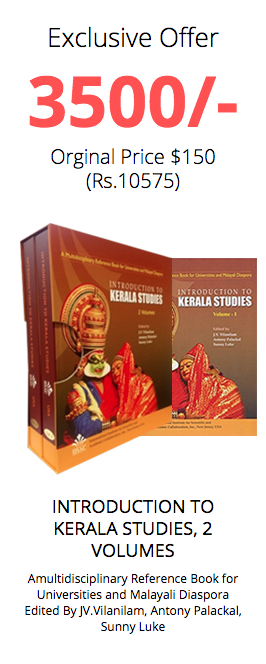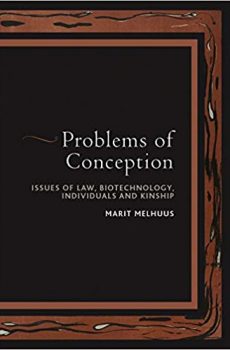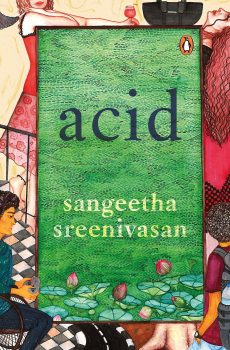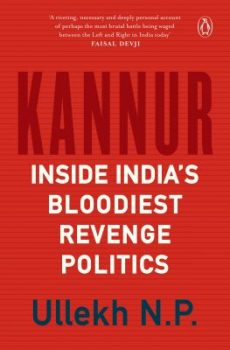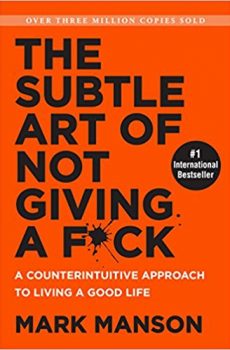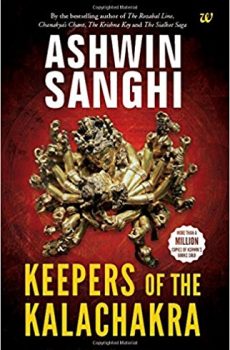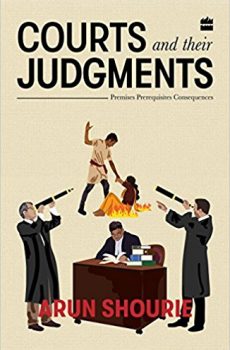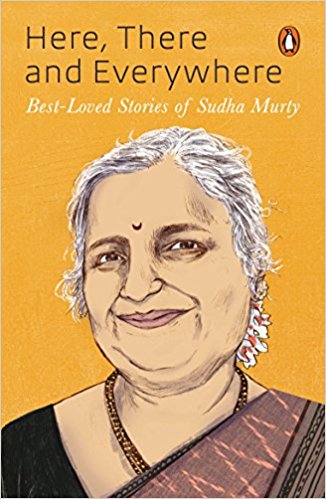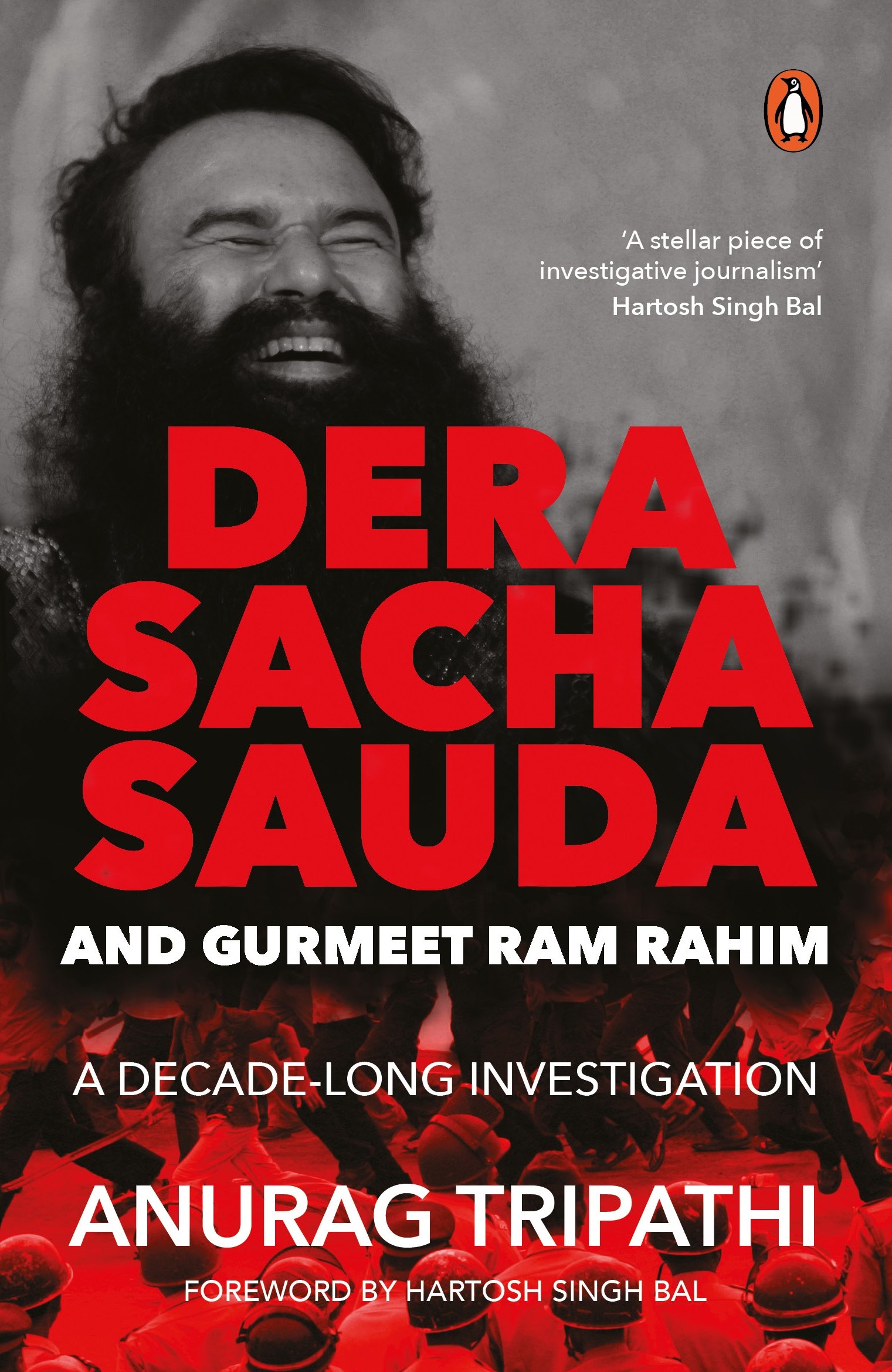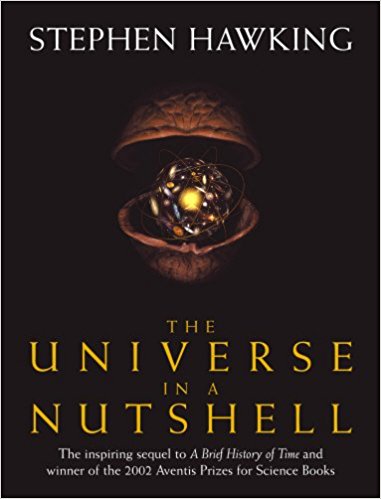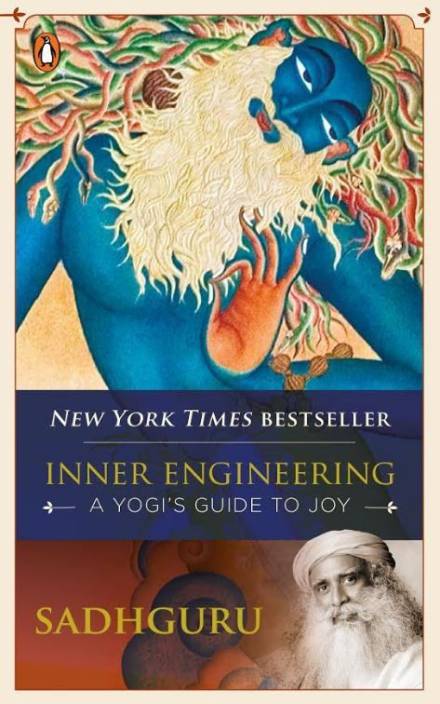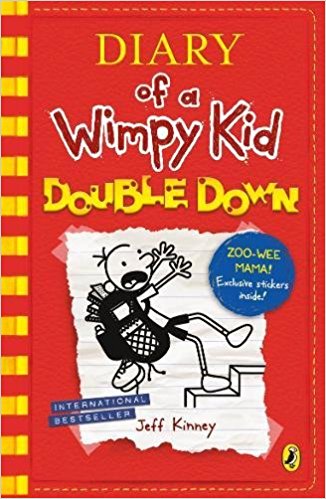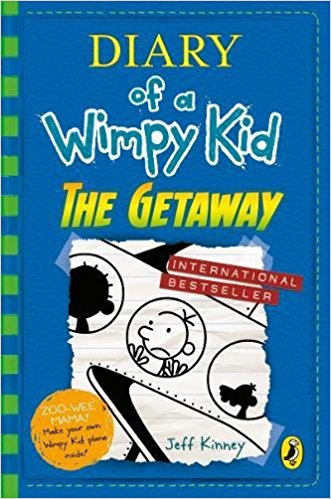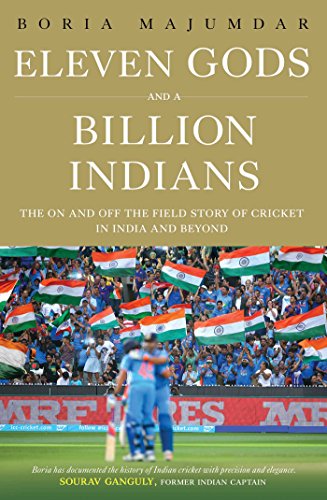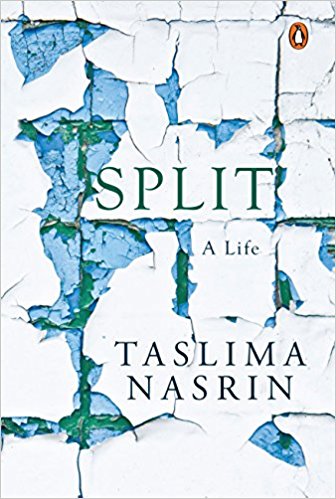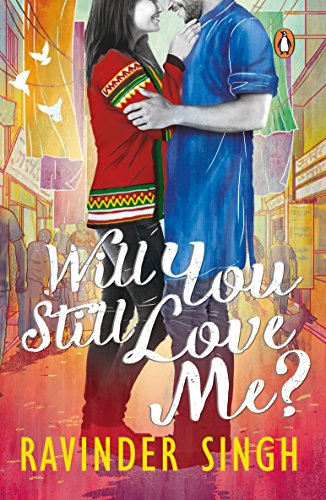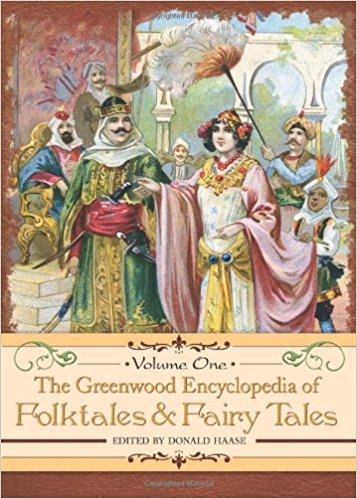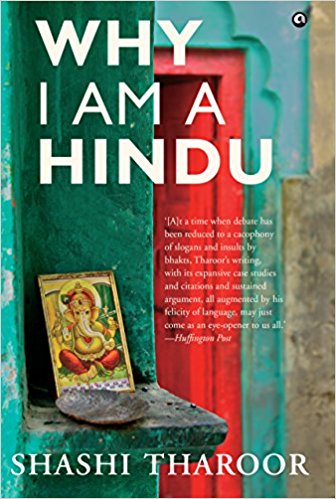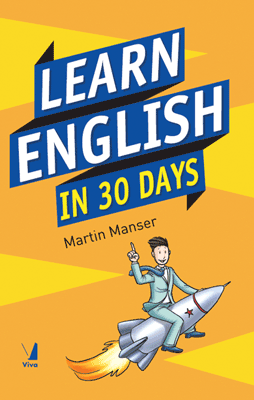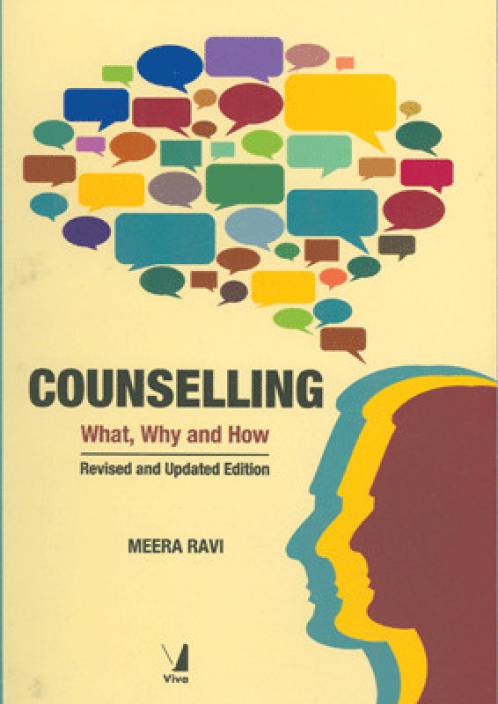Life is a brief, waking dream-but who casts the spell?
Two striking women, Kamala and Shaly, helm an unusual household, fuelled by their intense, tempestuous romance in a rapidly changing Bangalore. Downstairs, Kamala’s sons take care of each other in their own way-the twins are bound together by an early accident that paralysed Shiva, making Aadi his brother’s caretaker. Beautiful Shaly is the object of more than one person’s affections-and she, too, has a complicated past.
When Kamala’s mother dies, she returns to Kerala-to an ancestral house of horrors which lies next to the cremation grounds in Cochin’s outlying reaches: a place which, nevertheless, is home. However, nothing can prepare her for the devastation that ensues in this lyrical, hallucinatory trip of a story.
Utterly gripping and powerfully unsettling, Sangeetha Srinivasan’s phenomenal debut subverts received ideas about society, individuality and motherhood. Acid unravels the secrets that lurk beneath the surface of our lives, and marks the entry of a searing new voice in the Indian literary landscape.

